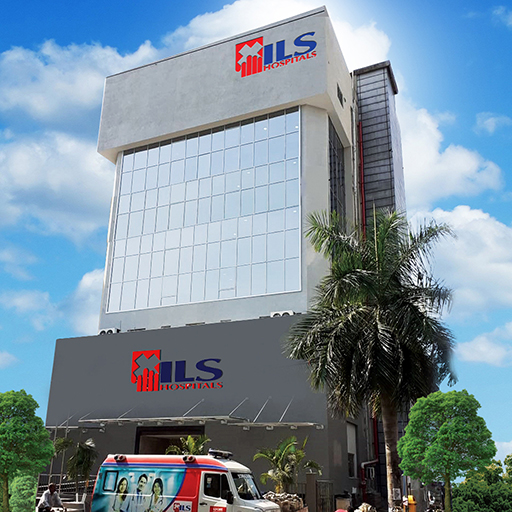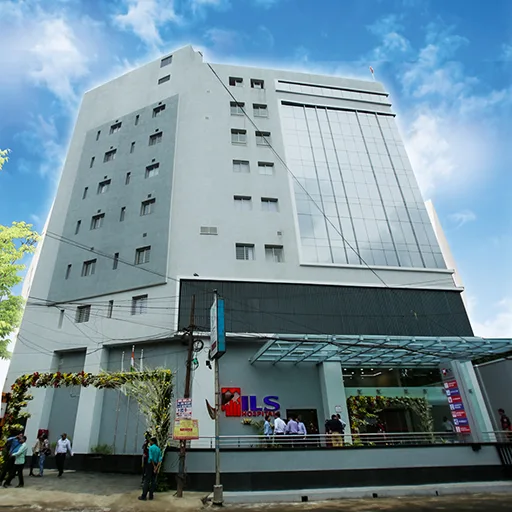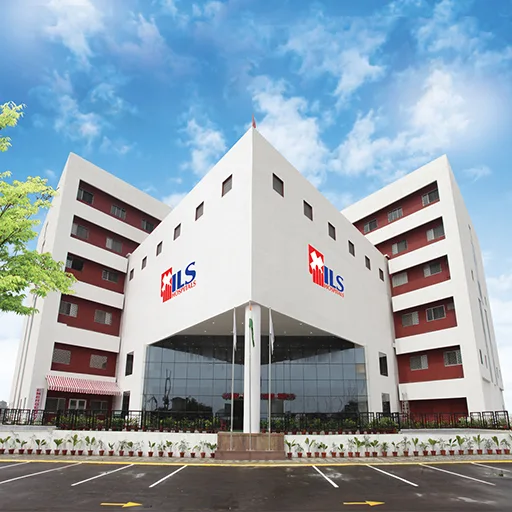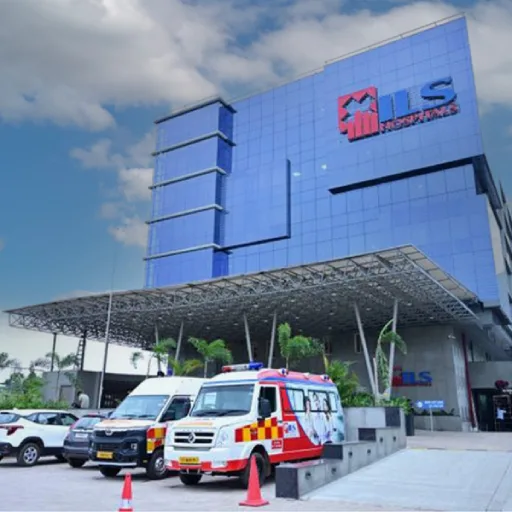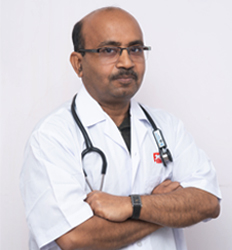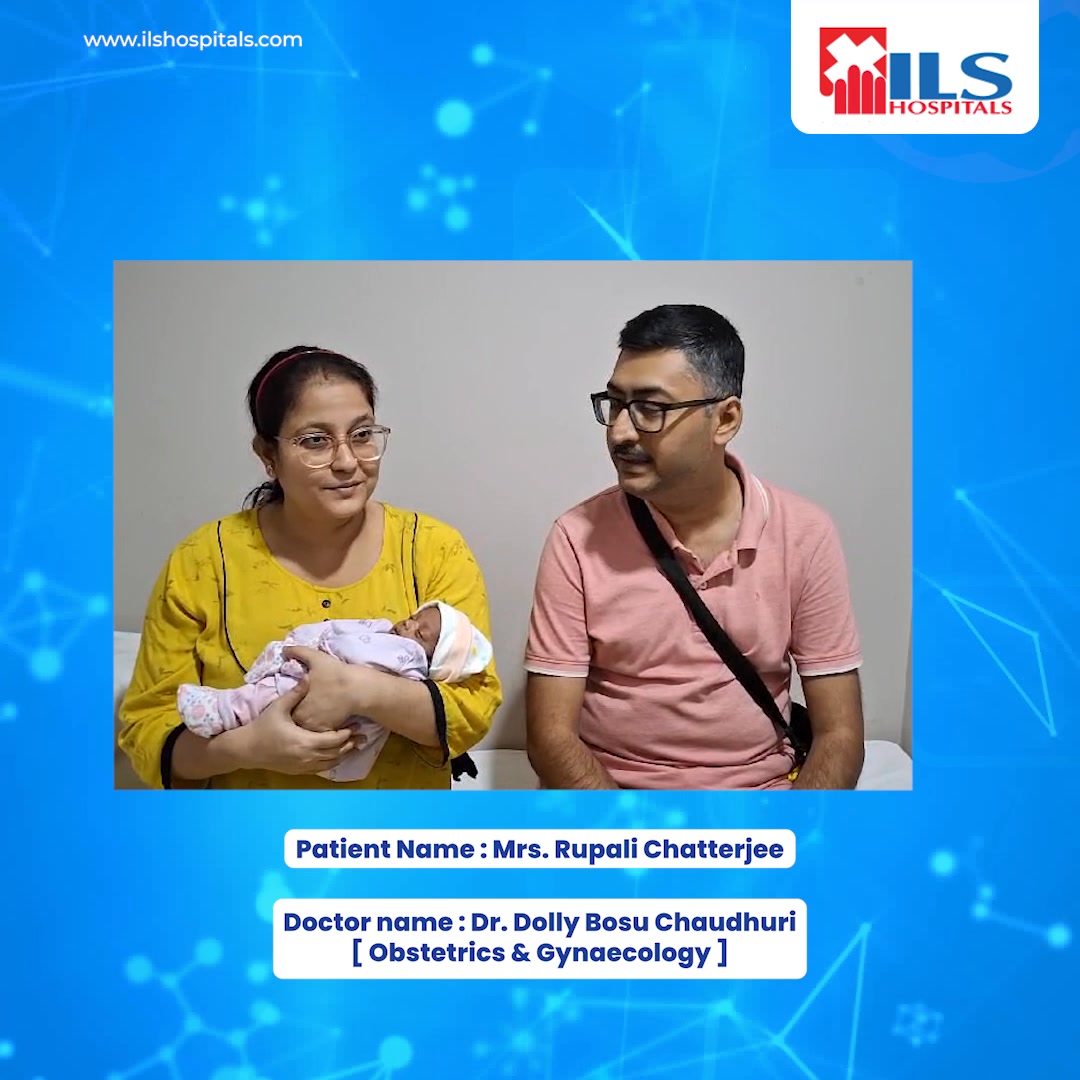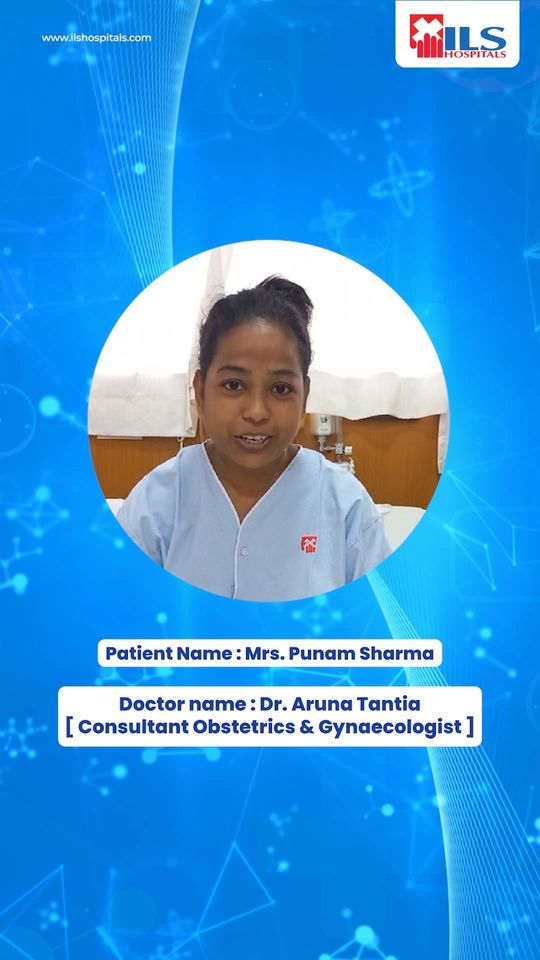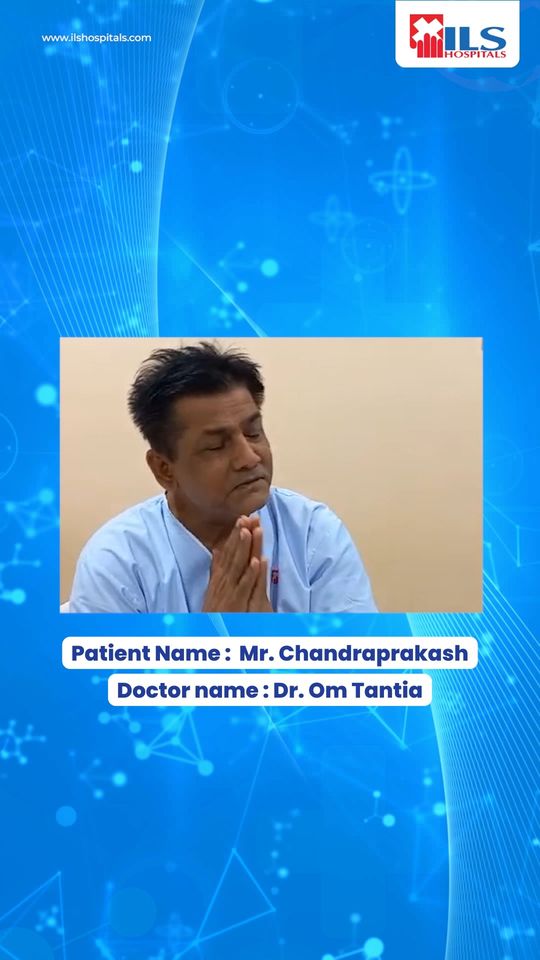Paediatric Heart/Child Heart Surgery
Heart surgery in children is performed to address congenital heart abnormalities and cardiac disorders that develop after birth and require surgery. The procedure is necessary for the child’s well-being.
Before the Procedure
If your child is speaking, inform them about the procedure. If you have a preschool-aged child, inform them the day before what will occur. Say, “We’re going to the hospital for a few days. The doctor will operate on your heart to improve its function. If your child is older, start discussing the process a week before the surgery. You should involve the child’s life specialist and show the child around the hospital and surgical facilities.
Your child may require a number of different tests:
- Blood tests (complete blood count, electrolytes, clotting factors, and “cross matching”)
- X-ray of the chest
- Electrocardiogram (ECG)
- Echocardiogram (or ultrasound of the heart)
- Cardiac catheterization
- History and physical
Always inform your child’s healthcare provider about any medications he or she is currently taking. Include medicines, herbs, and vitamins purchased without a prescription. During the days prior to surgery:
- If your kid is on blood thinners (drugs that prevent blood from clotting), such as aspirin, warfarin (Coumadin), or heparin, consult with your child’s doctor about when to discontinue these medications.
- Ask which medications the child should continue to take on the day of surgery.
On the day of surgery:
- Your child will most likely be instructed not to drink or eat anything after midnight the night before surgery.
- Give your child any medications you have been instructed to administer with a small sip of water.
- You will be informed when to arrive at the hospital.
After the Procedure
Most children who undergo open-heart surgery must stay in the intensive care unit (ICU) for 2 to 4 days following surgery. They often stay in the hospital for an additional 5 to 7 days after leaving the ICU. Closed-heart surgery patients typically have shorter stays in the intensive care unit and the hospital. More difficult cardiac surgery may necessitate your child’s hospitalization for weeks or months following surgery. During their stay in the ICU, your kid will experience:
- To aid breathing, an endotracheal tube is placed in the airway, and a respirator is used. While on the respirator, your child will be sedated and kept asleep.
- One or more small tubes placed in a vein (IV line) to administer fluids and medications.
- A small tube in an artery (arterial line).
- One or two chest tubes are used to drain air, blood, and fluid from the chest cavity
- A tube inserted through the nose into the stomach (nasogastric tube) to empty the stomach and administer medications and feedings for several days.
- A bladder tube that drains and measures the amount of urine produced over several days.
- The child is monitored using a large number of electrical lines and tubes.
By the time your child leaves the ICU, the majority of the tubes and wires will have been removed. Your youngster will be encouraged to begin many of their usual everyday activities. Some youngsters may start eating or drinking on their own within one or two days, while others may take longer. When your kid is discharged from the hospital, parents and caregivers are taught what activities are appropriate for their child, how to care for the incision(s), and how to administer any medications that their child may require.
The child will most likely require at least several weeks of recovery time at home. Consult your provider about when your child can return to school or childcare. Your child will require follow-up visits with a cardiologist (heart specialist) every 6 to 12 months. To avoid dangerous heart infections, your kid may need to take antibiotics prior to visiting the dentist for a teeth cleaning or other dental operations. Ask your cardiologist if this is essential.
Conclusion
Pediatric heart surgery is a journey that no family chooses, but thousands of families complete successfully each year. With the proper care and support, children born with heart abnormalities can live healthy, happy lives. If your child has been diagnosed with a cardiac disease, do not be afraid to ask questions, seek second opinions, and rely on your care team—they are there to support you every step of the way.



